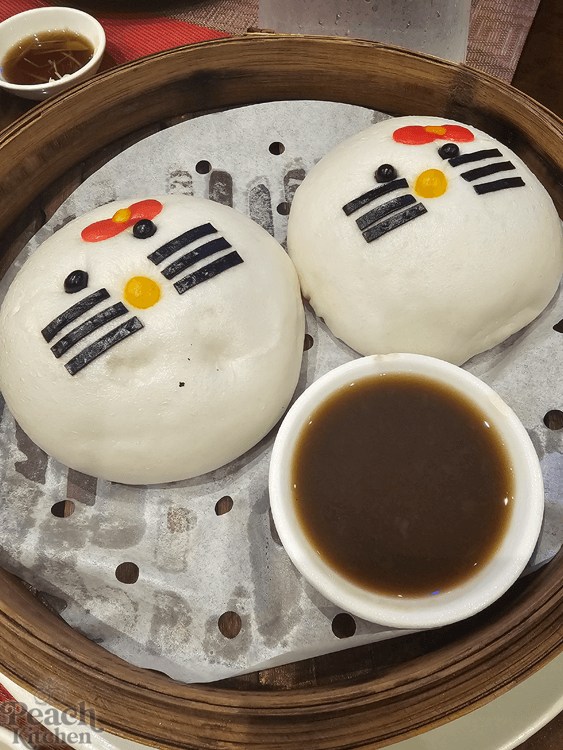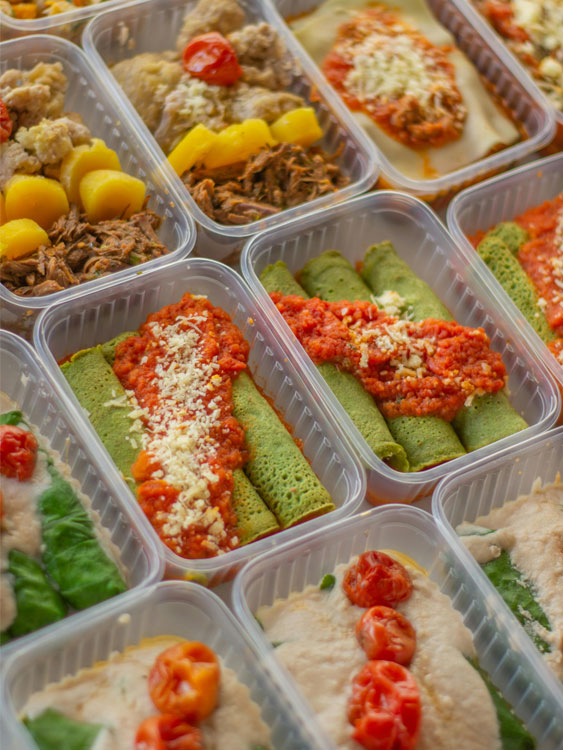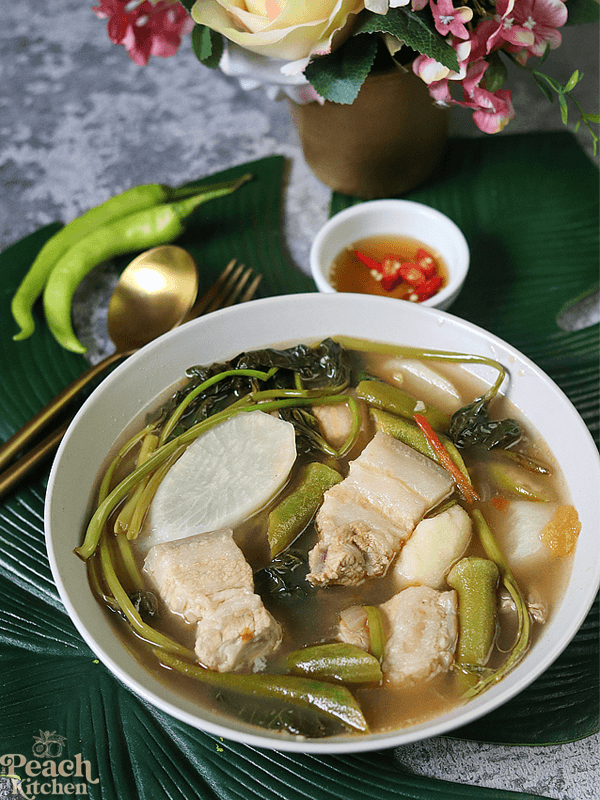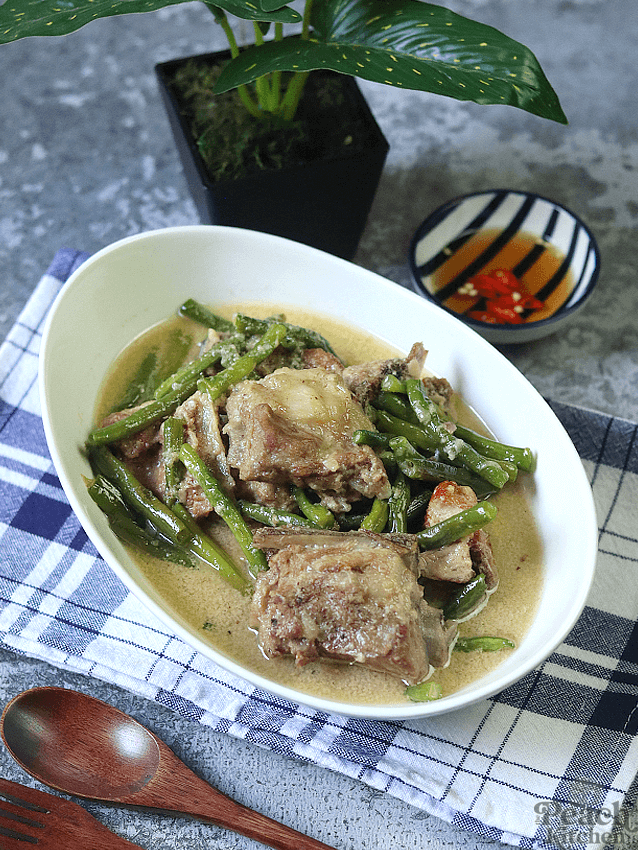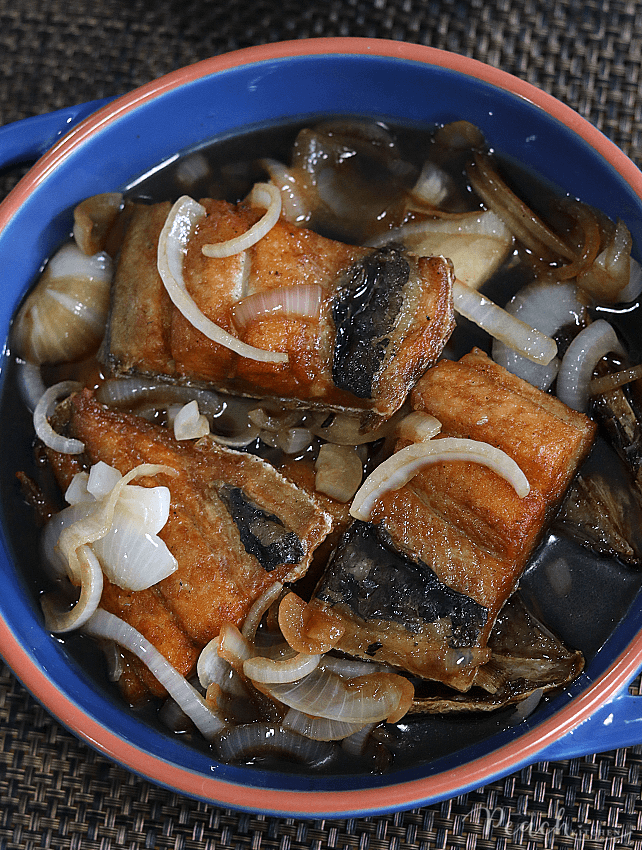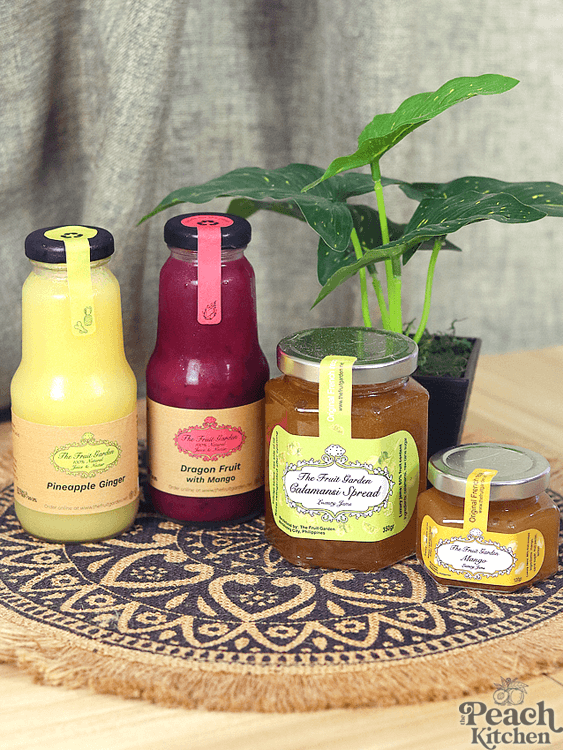Food poisoning occurs when contaminated food or drink is consumed, leading to illness or injury. It can range from mild symptoms like stomach cramps, nausea, and diarrhea to more severe cases involving hospitalization or even death. Regardless of the severity, if you or someone you know has suffered from food poisoning due to the negligence of a restaurant, grocery store, or food producer, you may be entitled to file a lawsuit.
Food poisoning lawsuits are a type of personal injury lawsuit that falls under the umbrella of product liability law. This means that in such cases, the plaintiff (the person who was made ill by the contaminated food) may sue the food producer, distributor, or seller, claiming that their product was defective and caused harm.
If you are considering filing a food poisoning lawsuit, there are certain things that you should know. These include:
Establishing Liability
Before you can file a lawsuit, you need to establish who is liable for your injuries. In food poisoning cases, the liable party could be the restaurant, grocery store, or food manufacturer. Your lawyer will need to investigate the source of the contamination and gather evidence to show that the defendant(s) were responsible.
The Burden of Proof
In any personal injury lawsuit, the burden of proof is on the plaintiff, which means that you and your NicoltLaw attorney will have to prove that the defendant(s) were negligent and that their negligence caused you harm. This can be challenging in food poisoning cases, as it may be difficult to trace the exact source of the contamination. However, by gathering medical records, testimony from witnesses, and other evidence, your lawyer can work to establish a causal link between the contaminated food and your illness.
Statute of Limitations
In most states, there is a time limit (known as the statute of limitations) for filing personal injury lawsuits. In food poisoning cases, this time limit usually begins from the date that you became ill rather than the date that you ate the contaminated food. It’s essential to speak with an attorney as soon as possible after you’ve become sick to ensure that you do not miss the deadline for filing.
Types of Damages
If you win your case, you may be entitled to a number of different types of damages, including:
- Medical expenses: This includes the cost of any medical treatment, hospitalization, or medication that was required due to your illness.
- Lost wages: If your illness caused you to miss work, you might be entitled to compensation for lost wages.
- Pain and suffering: This includes compensation for physical pain and emotional distress that you may have experienced as a result of your illness.
- Punitive damages: Some courts may award additional damages to punish the defendant(s) for gross negligence or intentional harm.
Settlements vs. Trials
In many food poisoning cases, the defendant(s) may offer a settlement before the case reaches trial. Settlements can be a faster and less costly way to resolve the matter, but they may not provide the same level of compensation as a trial verdict. Your lawyer can help you weigh the pros and cons of each option and decide which approach is best for your specific case and individual circumstances.
In Conclusion
If you or a loved one has suffered from food poisoning due to the negligence of a food producer, distributor, or seller, you may be entitled to compensation. By working with an experienced personal injury attorney, you can navigate the complex legal process and seek the damages that you deserve. Visit NicoletLaw.com today to get started.







